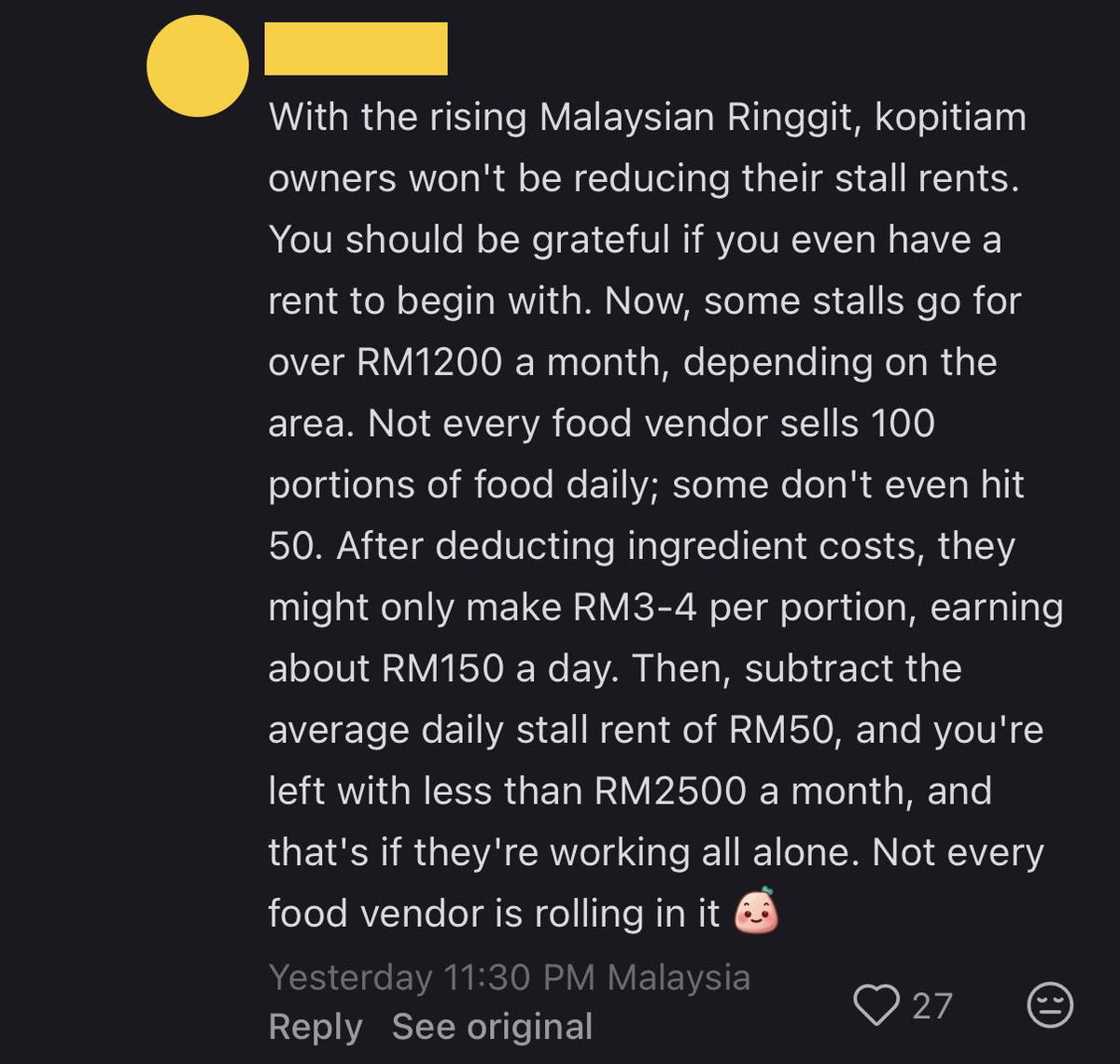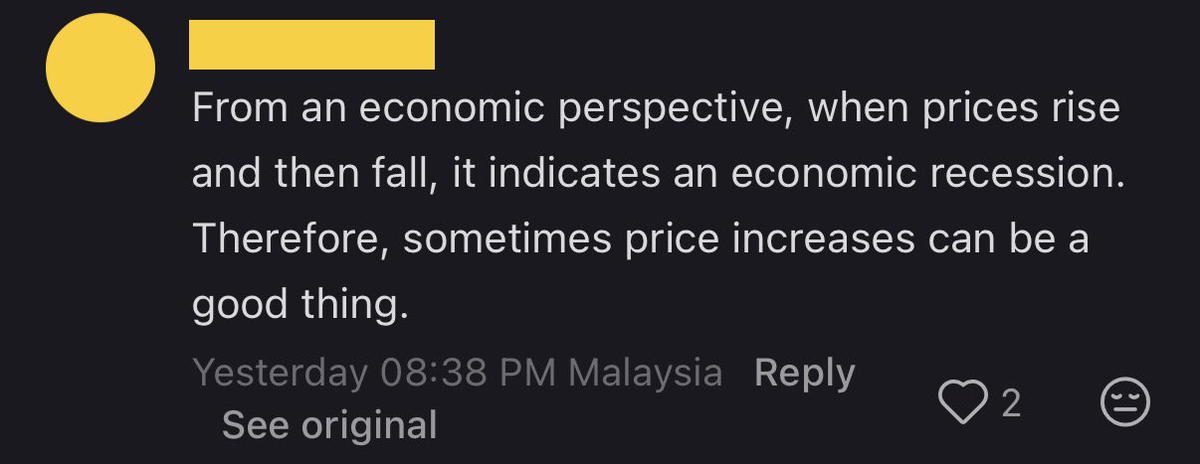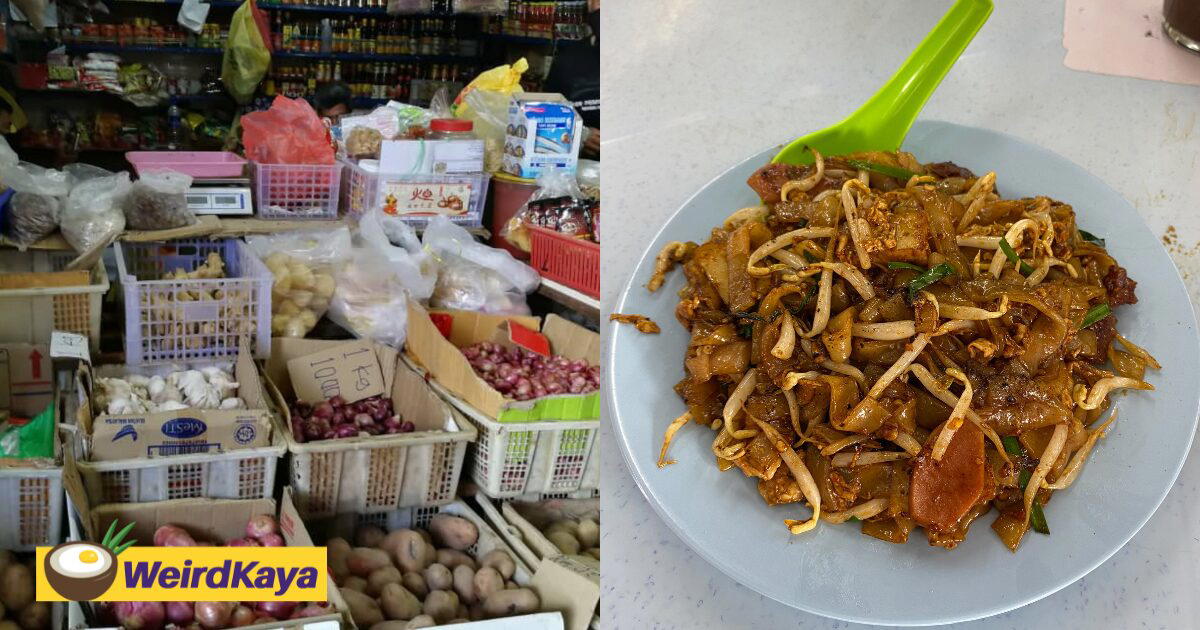As the Malaysian Ringgit continues to strengthen, many Malaysians are asking a key question — when will daily expenses, especially food prices, actually go down?
On Xiaohongshu, one user sparked a conversation by posting a light-hearted but relatable question: “Now that the Ringgit has gone up, can wanton noodles go back to RM4 or RM5?”

Ringgit hits strongest level in recent years
As of Nov 12, 2025, the Ringgit stands at RM3.17 to 1 SGD, and RM4.13 to 1 USD — marking the Ringgit one of the best-performing currencies in Asia.
Earlier this year, the Ringgit had fallen to over RM4.50 per USD, and around RM3.37 per SGD.
The current rebound signals a significant recovery in Malaysia’s currency strength.
Typically, a stronger Ringgit lowers the cost of imported goods and improves purchasing power.
However, many Malaysians say they haven’t seen any changes at the hawker stalls or grocery stores.
Netizen wonders if wanton noodles can go back to RM4
The viral post questioned whether a stronger currency means cheaper food.
It received over 260 likes and 200+ comments, with many sharing the same frustration: Why are prices still going up when the Ringgit is improving?
In the comments, users pointed out that staple dishes like bak kut teh, which once cost RM14, now go for RM23.
Some asked whether costs like rent and supply-chain prices had dropped, but most agreed that price reductions are unlikely.
Stall owners say expenses are still high
Several commenters, including those claiming to be stall operators, explained that rent, utilities, and labour remain expensive.
Some stalls pay over RM1,200 in rent. Even if they sell 100 bowls, profit per bowl is only RM3–4,” one wrote.
Another added, “We don’t just raise prices for fun — we’re also struggling.”
Cheaper imports, but no price cuts
While a stronger Ringgit can reduce the cost of imported ingredients, users said the benefit doesn’t usually reach the consumer.
“Businesses keep the savings as extra margin. They won’t lower prices once they’ve gone up,” one user commented.

Others pointed out that fixed costs like utilities and salaries don’t fall with the currency.

Once up, prices rarely go down
Many agreed that once food prices increase, they stay there — regardless of exchange rates.

“When the Ringgit drops, vendors raise prices fast. When it rises, they act like nothing happened,” one person said.

One user said that even if food prices fell, some might still struggle financially.
“You won’t enjoy the return of RM5 noodles. Even if it happens, your salary might still not be enough,” they wrote.
Rising prices could signal a stable economy
Some added that declining prices might not always be good news.
“From an economic view, falling prices may point to a downturn or recession. Sometimes, rising prices mean stability,” one user explained.

For now, while the Ringgit grows stronger, Malaysians are still waiting to see if their wallets will finally catch a break.


